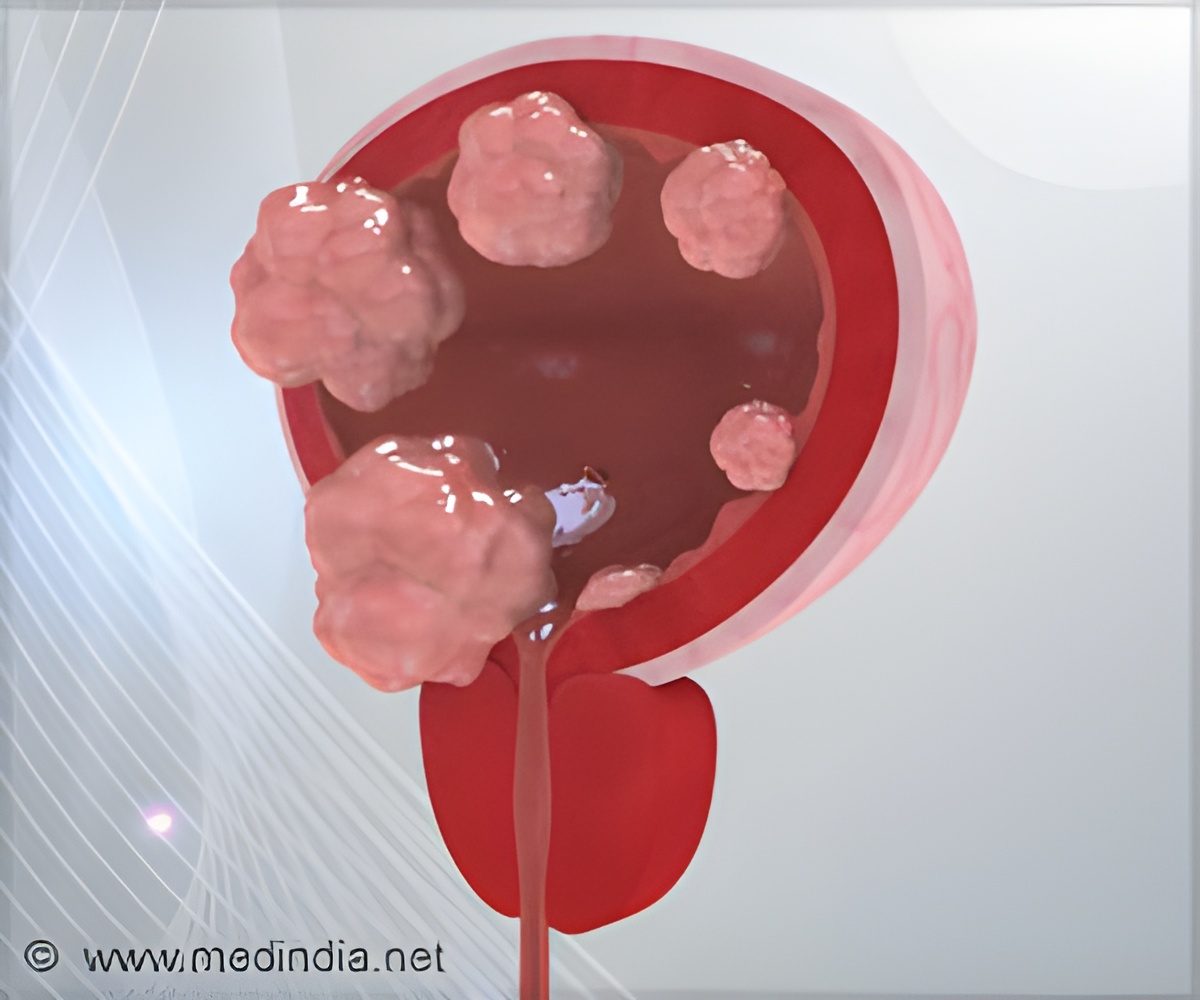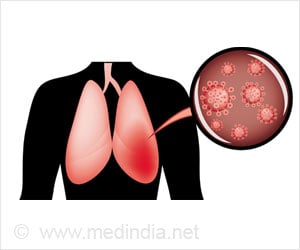Bladder cancer drug targeting a cancer-driving gene mutation has been used relatively little despite its clear efficacy in a clinical trial.

‘New study says that there are significant barriers to erdafitinib use, including obstacles that prevent people from getting tested for the erdafitinib-susceptible gene mutation for bladder cancer.’
Read More..




“The uptake of this drug was unexpectedly low, which suggests that there are significant barriers to its use, including obstacles that prevent people from getting tested for the erdafitinib-susceptible gene mutation,” said Vivek Nimgaonkar, Penn Center for Precision Medicine.Read More..
“Our research has implications for patients, who start later lines of therapy after receiving a platinum-based chemotherapy and it’s important that patients receive the necessary testing to have the full range of therapeutic options available to ensure the best possible chance for good outcomes.”
According to the American Cancer Society, approximately 81,000 Americans are diagnosed with bladder cancer each year - about 70% of those are men - and about 17,000 people die from the disease annually.
The five-year survival rate is about 77% and bladder tumors are considered very treatable when deducted at early stages. Later stages are far less treatable. Standard treatments include surgery, radiation, chemotherapies, and immunotherapies.
The vast majority of bladder cancers arise from so-called urothelial cells lining the bladder and ureters and are termed “urothelial carcinomas” About 20% of advanced urothelial carcinomas are driven by mutations that cause growth-related receptors called FGFRs (Fibroblast Growth Factor Receptors) to be overactive.
Advertisement
It is meant to be used in patients who have susceptible FGFR mutations and are no longer responding to standard chemotherapy.
The new analysis covered a total of 761 patients who were eligible for FGFR-mutation testing from April 1, 2019, to September 1, 2021.
Of 761 patients, only 343 (45.1%) had a record of FGFR testing. Of these, 71 (20.7%) had evidence of an FGFR mutation that would render their cancer susceptible to erdafitinib. But just 30 (42.3%) of those 71 patients received erdafitinib.
The results also showed that, among patients expected to harbor susceptible FGFR alterations, the effective uptake rate for erdafitinib, in its first 6 months post-approval, was far lower than the initial uptake rate for the first immunotherapy for bladder cancer—which in published trials has had a lower response rate than erdafitinib’s.
The analysis indicated that the median survival time (about 9 months) for erdafitinib-treated patients was in line with results from the prior clinical trial.
The study wasn’t designed to discover why the uptake of erdafitinib was so low. However, the researchers suggest that the drug’s high cost (over $20,000 per month) and potential side effects, including mouth sores and the loss of fingernails, may have accounted in part for the low rate of uptake even among patients whose tests showed susceptible FGFR mutations.
The low rate of FGFR testing, the researchers added, may have been due in part to the novelty of genetic testing in bladder cancer oncology. Moreover, tumor genetic testing, in general, has traditionally been done on biopsied tumor samples, which may often have been unavailable when patients became eligible for testing.
Only about 22% of patients with FGFR testing in the study had the newer, blood-based liquid biopsy testing, which detects circulating tumor DNA and is much easier for patients but not yet standard in this area of oncology.
“We see tremendous opportunity to increase the proportion of eligible patients who get FGFR-mutation tests by encouraging more use of liquid biopsies,” Dr. Carpenter said.
Source-Medindia












